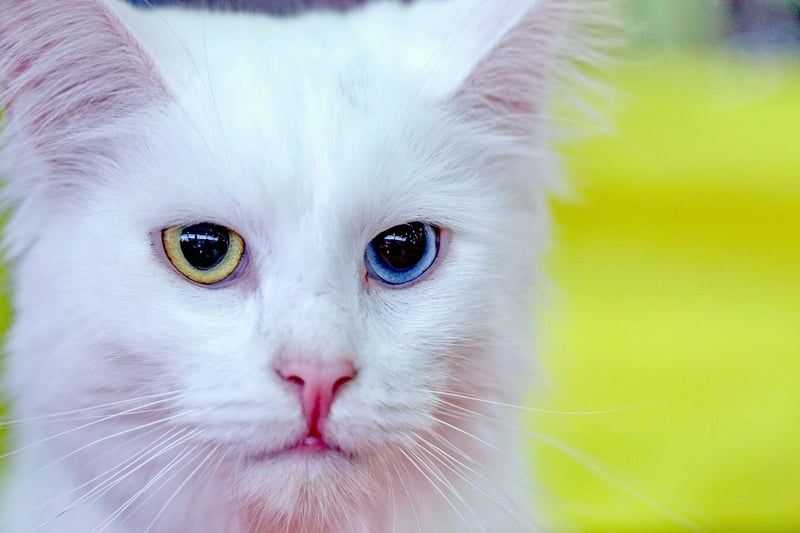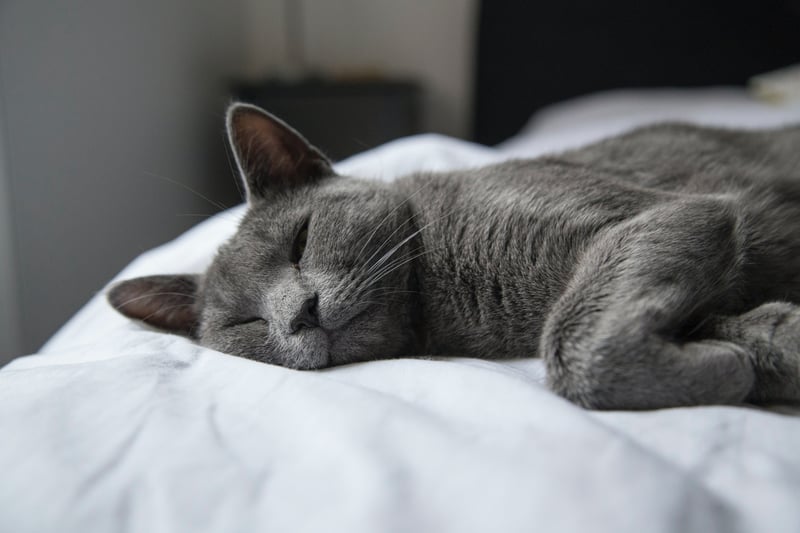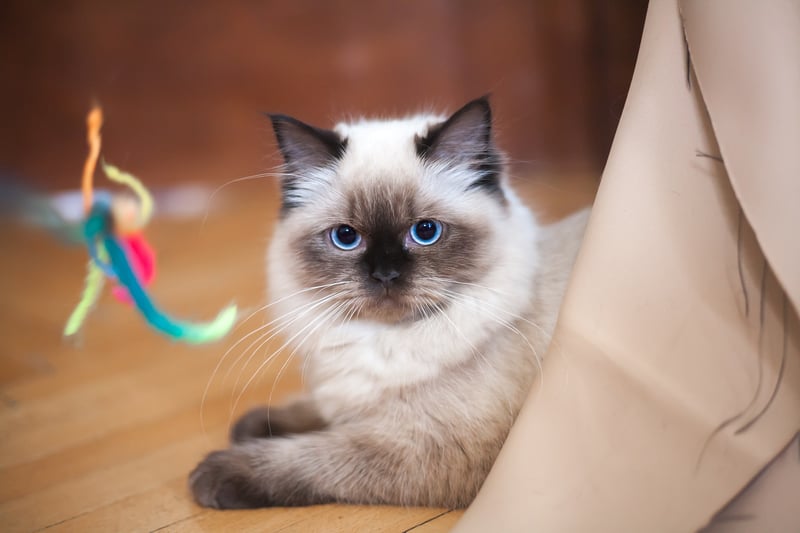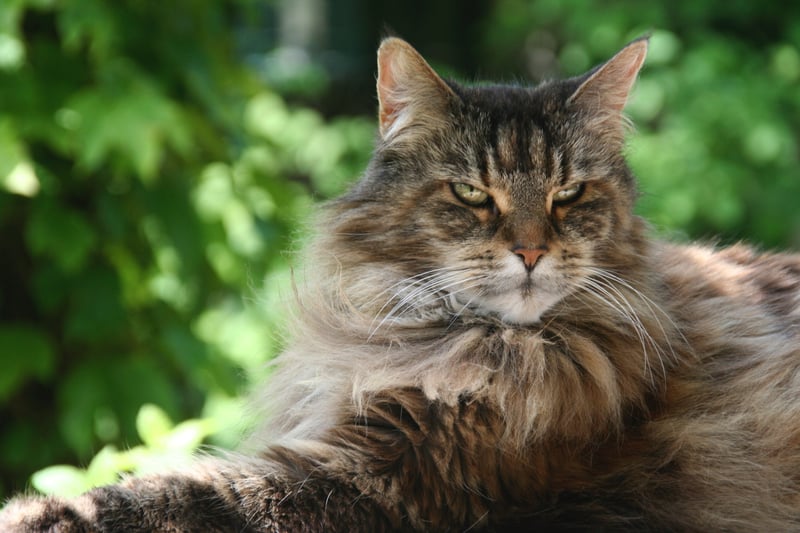With Birmingham being swathed in layers of fog and a winter blast the past few weeks, some animals may struggle. There are ways to keep your dogs, cats, and other pets protected in this weather.
However, if you are looking for cats that can adjust well with the colder weather - there are many to choose from. Some cat breeds have a short or no coat - making them less likely to adapt to the cold. Then, there are breeds of cats that are meant to remain in colder climates.
They likely evolved naturally in those wintry climate and even with cross-breeding, their descendants have the advantage. Birmingham’s minus temperatures would be a piece of cake for them.
They are either from higher altitudes or have long coats that give them the natural protection. As a cat owner of one of these breeds, the only concern you are likely to have is having fur all over your home and the constant hoovering needed to keep the house clean.
If that doesn’t bother you or you want a cat that keeps you and themselves warm, here are eight breeds of cats perfect for colder climates:

1. Turkish Angora
Turkish Angora breed originated in Turkey and the harsh weather of the country meant that they had to adapt. Their coats keep them warm in winter and coold in summer. They are believed to the oldest domesticated cat breed.

2. Russian Blue
Russian Blue’s coat may seem short but it is warm and dense giving them the necessary insulation in cold climates. After all, they originated in Russia - one of the coldest countries on the planet.

3. Ragdoll
If you want a cat like a puppy, Ragdolls will be ideal for you. Apart from their great personality, they are known for their beautiful coats too. Their thick coats keep them warm in the winters making them a perfect replacement for hot water bags.

4. Maine Coon
Maine Coons or gentle giants were bred to be outdoorsy and access to some outdoor areas is preferred. They can adapt to any environment and that includes colder climates. They have a long coat that protects them from the cold.
